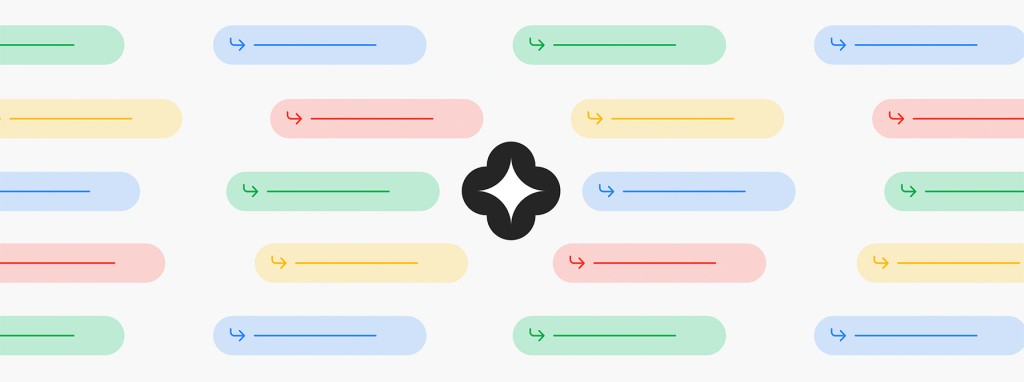Google recently announced that it would be changing the way it views the nofollow link attribute from March 2020, 15 years after the introduction of the widely-used SEO attribute. We look at what this significant SEO update could mean for finance marketers.
What is the nofollow attribute?
Links are a key part of the Google algorithm and have a direct impact on the potential ranking of your content. A link from a trusted website is a strong signal to Google that the site trusts and endorses the page it is linking to. For example, if a well-known financial industry publisher links to your article, this is an indication to Google that your page is likely of increased value.
Google introduced the nofollow link attribute in 2005 in an attempt to limit spammers gaming their algorithm for higher rankings. So a nofollow attribute on a link tells Google to effectively ignore that link and its potential value or endorsement. Large sites like Wikipedia and Investopedia routinely use nofollow by default.
A nofollow attribute on a link tells Google to effectively ignore that link and its potential value or endorsement.
Why is Google changing the attribute?
Google announced that the nofollow link attribute will be seen as a hint rather than a directive. This change will only come into effect in March 2020. Google is also introducing two new link attributes in addition to nofollow to allow for greater context when linking to external sites. Google will now consider three key attributes in its algorithm:
- rel=”sponsored”: Use the sponsored attribute to identify links on your site that were created as part of advertisements, sponsorships or other compensation agreements.
- rel=”ugc”: UGC stands for User Generated Content and the ugc attribute value is recommended for links within user-generated content, such as comments and forum posts.
- rel=”nofollow”: Use this attribute for cases where you want to link to a page but don’t want to imply any type of endorsement, including passing along ranking credit to another page.
When nofollow was introduced all links marked with the attribute would not count as a signal for Google’s algorithms, however, after the update, all three attributes will be considered as ‘hints’ instead. So why the change? As Google explained:
Links contain valuable information that can help us improve search, such as how the words within links describe the content they point at. Looking at all the links we encounter can also help us better understand unnatural linking patterns.
By shifting to a hint model, we no longer lose this important information, while still allowing site owners to indicate that some links shouldn’t be given the weight of a first-party endorsement.
What does the nofollow change mean for finance marketers?
Google has stated that you do not need to make any changes to your existing content as part of this update. There is unlikely to be significant negative impact once these new attributes are rolled out, however, it would be beneficial to ensure everyone involved with content for your brand understands that this process is happening. This should include editors, account management and development teams.
Although Google has given six months’ notice, we would recommend getting ready for this change as soon as possible. The nofollow attribute will continue to be supported but your brand should consider updating its CMS/development options in order to allow for the use of the new attributes as well. Speak to your development team to ensure you are able to use all three of the link attributes once they are rolled out.
Take time to understand when you should use each of the attributes, particularly if your brand allows users to create their own content (including comments) on your platform. Ensure also that any partner sites understand which attribute to use when linking back to your brand.
The Google algorithm and its attributes are complicated, but by taking note of these changes across your brand you can ensure you continue to future proof your SEO efforts.
At The Dubs, one of our specialties is boosting SEO performance for finance brands. Get in touch to find out how we can help.
Related articles
- What Google’s new search feature means for finance marketers
- A finance marketers cheat sheet to Google analytics
- Combat fake news by becoming Google’s trusted source









